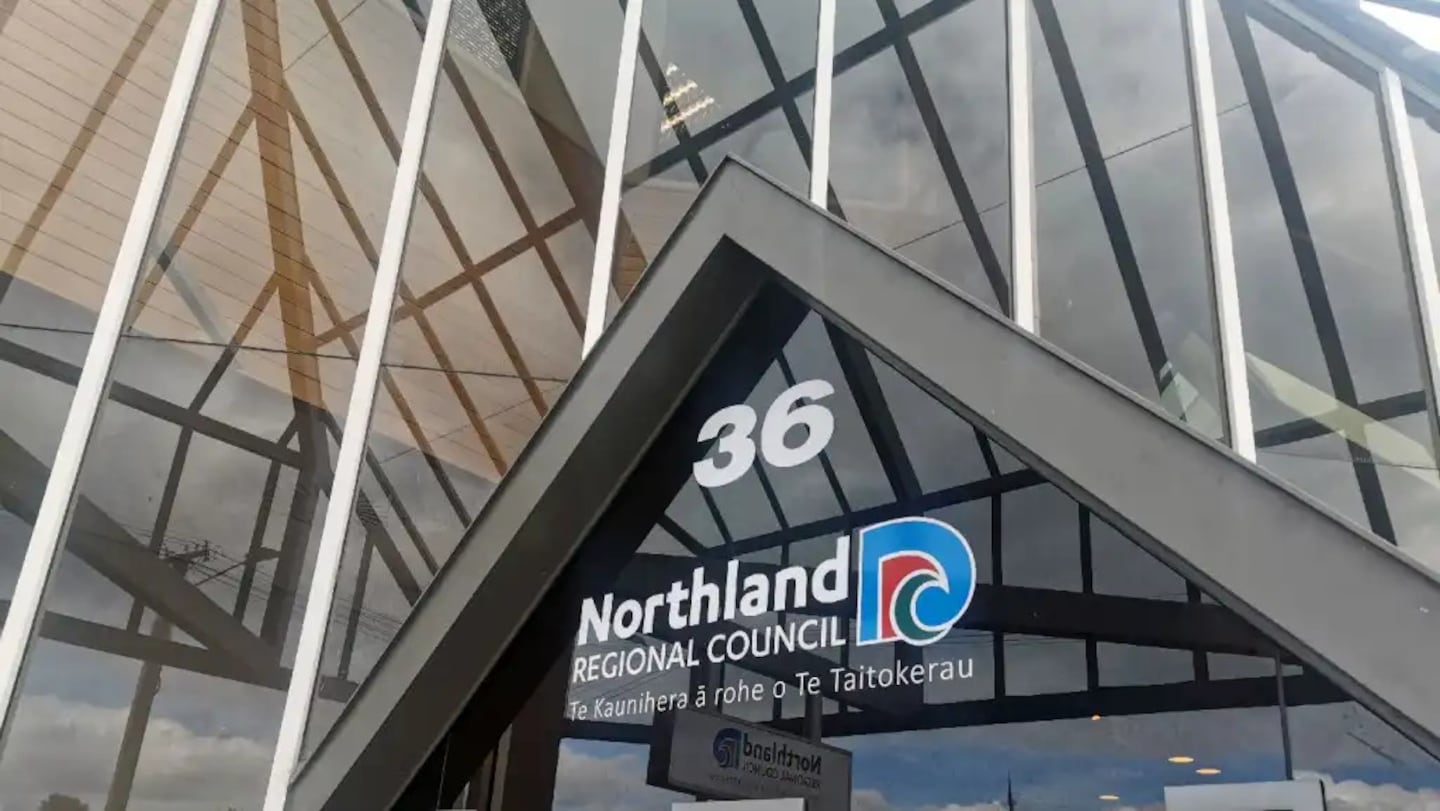Deputy chair Tui Shortland was the first speaker to support retention.
“We are not just deciding on a matter of governance, we are deciding on the strength and future of our partnership with Māori communities.”
She called the ward a “critical bridge” between the council and tangata whenua, connections which she said were rooted in “trust, mutual respect, and shared responsibility”.
“Without this ward, we risk weakening these vital connections.”
Shortland pointed out the way local Māori have enabled the council to move swiftly.
“Let’s be clear: This is not about race or special treatment. It is about ensuring equity and effectiveness in our council’s work.”
“Without the Te Raki Māori ward, our ability to serve all our communities... would be diminished.”
‘Forced into a polar decision’
She described Te Tiriti o Waitangi as a “cornerstone” of Aotearoa, and called for a “real, active, and enduring” partnership.
Amy Macdonald was part of the previous council, which oversaw a representation review, culminating in the creation of a Māori ward.
She said councillors moved from a position of feeling “strongly against” to “strongly for” following the review, lauding the opportunity to understand the context and meaning of providing a Māori ward seat.
Macdonald criticised the requirement for a public referendum, saying it would be hard to ensure everyone would consider all the information before voting.
“We’re forced into a polar decision, neither of which really actually match our values, and it’s reintroducing discrimination, essentially, against Māori wards, because it puts a higher bar in place for Māori wards than other wards.”
She said different types of wards were often used in councils to achieve representation.
Opposed to referendum
The recommendation before the council was, ‘That council resolve to retain its existing Māori constituency (Te Raki Māori).’
Macdonald asked for the recommendation to be amended to read, ‘That council resolve to retain its existing Māori constituency (Te Raki Māori), and that the CEO provide further information to council of potential implications of council not proceeding with a binding referendum.’
The amendment, though seconded by several councillors, was a source of concern for Joe Carr, who agreed with the recommendation as it stood but did not want the amendment added.
“I think that the amendment is not wise, and what you’re going to do is just bring a focus onto this council, and you’re just going to create a divide.”
Macdonald’s amendment was then turned into a separate recommendation, both of which passed.
The recommendation to explore the consequences of refusing a referendum in the 2025 local elections echoes a decision made by Palmerston North City Council three weeks ago.
Three more regional councils - Horizons, Hawke’s Bay, and Taranaki - are yet to vote on the future of their Māori wards.
Votes must be completed by the end of next week for all councils.



